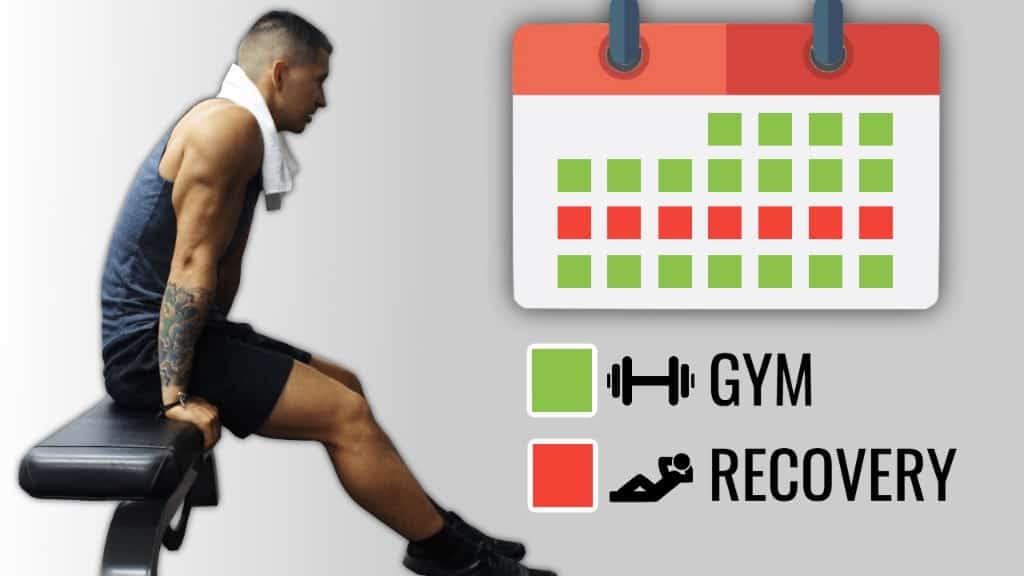
New Week - New Newsletter!
Share
Hey everyone, This is your Favourite Newsletter from Team IF!
Are you ready for this?!

This Weeks Book
Happy Sexy Millionaire
Just started on this book few days ago after a recommendation from a friend. To be fair this book has crossed my path before, but somehow it looked like just another ''show-offy'' book full off narcissistic talks. Actually listening to the book, I can honestly tell you that you shouldn't judge a book by its cover—literally! The book is very inspiring, easy to listen to and full of amazing AHA moments that can shift your mindset. I would definitely recommend this to anyone who wants to improve their view on life and explore personal growth from a new angle. The author himself narrates the book if you’re listening on Audible, bringing personal depth and authenticity to his journey. His life story is compelling and it’s packed with genuine insights into success, mindset, and the drive to reach your potential—without falling into clichés. I'm not going to give anything away, but if you want a motivational read that might help you rethink the way you approach challenges and opportunities, give this one a try!

Fitness Tip of the Week
Importance of Rest and Active Recovery!
If you are into exercise as much as I am, you'll be dreading hearing the scary word ''rest.'' Honestly, every time someone tells me that I need to rest, it makes my blood boil! But here’s the truth—you really do need to rest for your body to recover, rebuild and perform at its best. It's hard to admit, but without proper recovery, sooner or later your body will start to feel it. Low energy, weaker lifts, and tougher workouts are all signs that your muscles need time to replenish.Rest days are essential because exercise depletes your body's glycogen stores, leading to muscle fatigue. Taking adequate rest allows those stores to refill, reducing fatigue, improving recovery, and preparing your muscles for future training. Over time, strategic rest can help you get stronger and fitter while significantly lowering your risk of injury.
Rest doesn’t mean being sedentary—it’s about active recovery. During your rest day, you should still keep your body moving with light activity such as walking or stretching, focus on hydration, and eat nutrient-rich foods to support muscle repair. Avoid strenuous exercise or heavy lifting—give your body the break it needs!
You should allow approximately 2-3 days of recovery for each muscle group, depending on your fitness level, training volume, and your body’s recovery rate. Planning a deload week every 8-10 weeks, where training intensity and volume are reduced, can help reset your nervous system and prevent overtraining. During a deload, you can still exercise using lighter weights and a slower tempo, but the purpose is to give your muscles, tendons, and joints real time to repair.
This week, take an honest look at your training routine. Are you giving your body enough rest and recovery? Is it time to build in a deload week so you can come back stronger and more energized?
